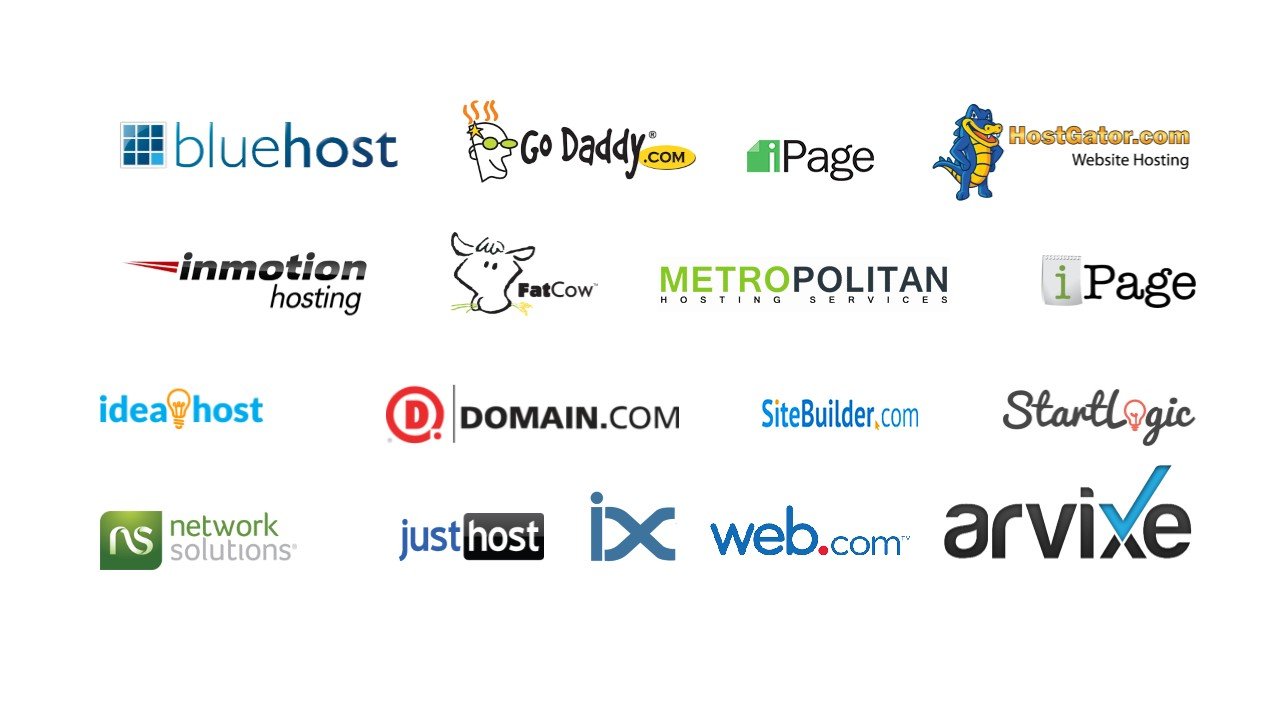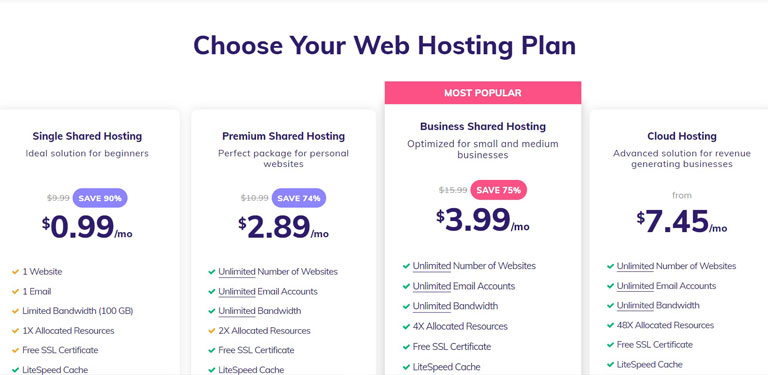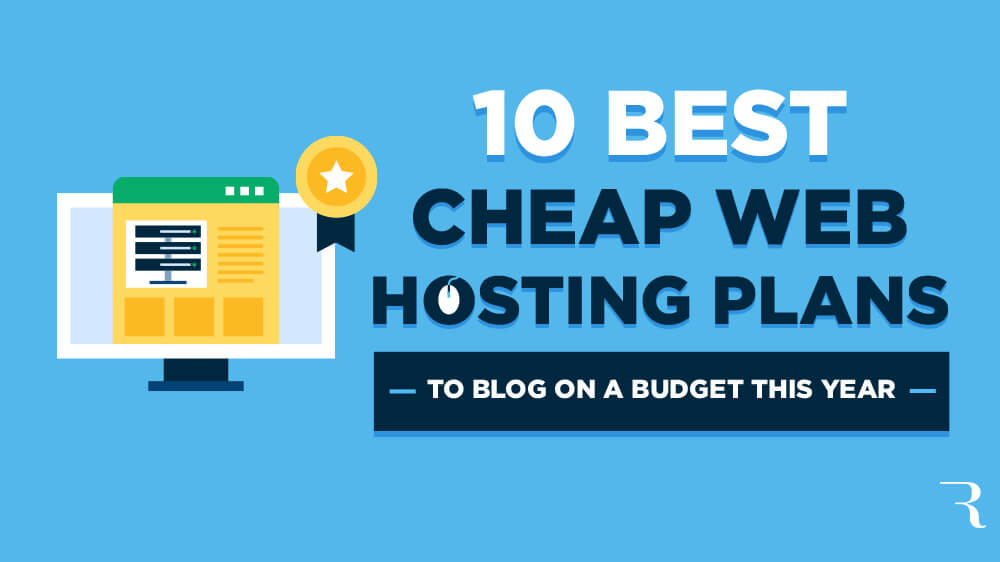Managed hosting takes the hassle out of website management, allowing you to focus on what matters most: your content and your audience. By handling everything from server maintenance to security updates, managed hosting providers ensure your website runs smoothly and securely, all while delivering exceptional performance.
Think of it as having a dedicated team of experts managing your website’s infrastructure, freeing you from the technical complexities and allowing you to concentrate on building your online presence. From choosing the right hosting plan to optimizing your website for speed and security, managed hosting providers offer a comprehensive solution for website owners of all levels.
Benefits of Managed Hosting
Managed hosting is a service that provides businesses and individuals with a comprehensive solution for managing their websites. It encompasses server management, security, performance optimization, and other critical aspects, freeing website owners from the technical complexities and allowing them to focus on their core business operations. This approach offers several significant benefits that can contribute to a website’s success and overall online presence.
Improved Website Performance
Managed hosting solutions are designed to deliver optimal website performance. They employ advanced technologies and infrastructure, including high-performance servers, content delivery networks (CDNs), and caching mechanisms. These elements work together to ensure that website content loads quickly and efficiently, regardless of the location of the user.
- Faster Page Load Times: Managed hosting optimizes website loading speeds by minimizing latency and reducing the time it takes for content to reach the user’s browser. This translates to a positive user experience, as visitors are less likely to abandon a website that takes too long to load. Research shows that even a one-second delay in page load time can result in a 7% decrease in conversions.
- Enhanced User Engagement: Faster page load times contribute to a more engaging user experience. Visitors are more likely to browse and interact with a website that responds quickly. This increased engagement can lead to higher conversion rates and improved customer satisfaction.
- Improved Search Engine Rankings: Search engines like Google prioritize websites that offer a fast and responsive user experience. By optimizing website performance through managed hosting, businesses can improve their search engine rankings and increase their visibility in search results.
Enhanced Security, Managed hosting
Security is paramount for any website, and managed hosting provides a robust layer of protection against various threats. Managed hosting providers invest heavily in security infrastructure and employ experienced security professionals to safeguard their clients’ websites.
- Regular Security Updates and Patches: Managed hosting providers are responsible for keeping their servers and software up-to-date with the latest security patches and updates. This proactive approach helps prevent vulnerabilities and minimizes the risk of security breaches.
- Firewall Protection: Managed hosting typically includes firewalls that act as a barrier between the website and external threats. Firewalls monitor incoming traffic and block malicious attempts to access the website’s data.
- Malware Scanning and Removal: Managed hosting providers often implement automated malware scanning tools that regularly check for malicious software on their servers. If malware is detected, it is promptly removed to prevent it from compromising the website.
Increased Reliability
Reliability is crucial for websites, especially those that rely on continuous operation. Managed hosting providers invest in redundant infrastructure and employ proactive monitoring to ensure website uptime and availability.
- Redundant Infrastructure: Managed hosting providers typically have multiple servers and data centers, ensuring that if one server experiences an issue, the website can seamlessly switch to another server. This redundancy minimizes downtime and maintains website availability.
- 24/7 Monitoring and Support: Managed hosting providers offer 24/7 monitoring and support services, ensuring that any issues are promptly identified and addressed. This proactive approach helps prevent outages and maintain website reliability.
- Regular Backups: Managed hosting providers often implement regular backups of website data, ensuring that even if a server failure or security breach occurs, data can be restored quickly and efficiently.
Streamlined Website Management
Managed hosting simplifies website management, allowing businesses to focus on their core competencies rather than technical complexities.
- Server Management: Managed hosting providers handle all server-related tasks, including updates, maintenance, and security. This frees website owners from the burden of managing complex server infrastructure.
- Technical Support: Managed hosting providers offer technical support for various website-related issues, from performance optimization to security concerns. This eliminates the need for businesses to hire in-house technical staff or rely on external consultants.
- Scalability: Managed hosting providers offer scalable solutions, allowing businesses to adjust their hosting resources as their website traffic and needs grow. This ensures that websites can handle increased traffic without experiencing performance issues.
Key Considerations for Choosing Managed Hosting
Choosing the right managed hosting provider is crucial for ensuring your website’s performance, security, and reliability. It’s not a decision to be taken lightly, as the wrong choice can lead to costly downtime, security breaches, and a poor user experience.
Understanding Pricing Structures
Different managed hosting providers offer various pricing models, each with its own advantages and disadvantages. It’s essential to carefully evaluate these models to ensure you choose a plan that aligns with your budget and website’s specific needs.
- Pay-as-you-go: This model allows you to pay only for the resources you use. It’s ideal for websites with fluctuating traffic, but it can be difficult to predict your monthly costs.
- Fixed monthly fee: This model provides a predictable monthly cost, making it easier to budget for hosting expenses. However, you may end up paying for resources you don’t use.
- Tiered pricing: This model offers different pricing tiers based on the level of resources you need. It’s a good option for websites with predictable traffic patterns and resource requirements.
Evaluating Uptime and Performance
Website uptime is critical for any online business, as downtime can lead to lost revenue and customers. Therefore, you must select a managed hosting provider with a proven track record of high uptime and performance.
- Uptime guarantee: Look for providers that offer a high uptime guarantee (ideally 99.9% or higher) and clearly define what constitutes downtime.
- Performance monitoring: Ensure the provider offers tools for monitoring your website’s performance, such as load times, server response times, and resource utilization.
- Scalability: Choose a provider that can scale your hosting resources as your website’s traffic grows, ensuring smooth performance even during peak traffic periods.
Assessing Support and Security
Reliable support and robust security measures are essential for protecting your website and data.
- 24/7 support: Opt for providers that offer 24/7 support through multiple channels, such as phone, email, and live chat. Look for providers with a proven track record of responsiveness and expertise.
- Security features: Choose a provider that offers a comprehensive suite of security features, including firewalls, intrusion detection systems, malware scanning, and regular security updates.
- Data backups: Ensure the provider offers regular data backups and disaster recovery plans to protect your website from data loss.
Conducting Thorough Research
Before making a final decision, conduct thorough research and compare different managed hosting providers.
- Read reviews: Check online reviews from other users to gain insights into the provider’s reputation, performance, and customer service.
- Compare features: Carefully compare the features and pricing of different providers to ensure you’re getting the best value for your money.
- Request a demo: Consider requesting a demo or trial period to test the provider’s platform and services before committing to a long-term contract.
Scalability and Performance with Managed Hosting

Managed hosting is designed to ensure your website’s performance and scalability, allowing it to handle traffic surges and user growth without compromising speed or reliability. This is achieved through a combination of resources, infrastructure, and expert management.
Performance Optimization Techniques
Managed hosting providers employ various techniques to optimize website performance. These include:
- Content Delivery Networks (CDNs): CDNs distribute website content across multiple servers located geographically closer to users, reducing latency and improving load times.
- Caching: Managed hosting platforms often implement caching mechanisms to store frequently accessed data in temporary memory, reducing the need to access the database every time a user requests a page.
- Server Optimization: Managed hosting providers regularly optimize server configurations, ensuring they are running efficiently and utilizing resources effectively.
- Load Balancing: This technique distributes traffic across multiple servers, preventing any single server from becoming overloaded and ensuring smooth performance even during peak traffic hours.
Traffic Spike Management
Managed hosting providers are equipped to handle sudden increases in traffic, such as those caused by viral content or marketing campaigns. This is achieved through:
- Scalable Infrastructure: Managed hosting platforms offer the flexibility to add more resources, such as servers and bandwidth, on demand to accommodate traffic spikes.
- Automated Scaling: Some platforms employ automated scaling mechanisms that automatically adjust resources based on real-time traffic patterns, ensuring optimal performance without manual intervention.
- Monitoring and Alerting: Managed hosting providers continuously monitor website performance and send alerts to their teams if any issues arise, enabling them to quickly address problems and prevent service disruptions.
Handling Website Growth
Managed hosting is particularly beneficial for websites that experience rapid growth. By providing a scalable infrastructure and expert management, it allows businesses to:
- Expand User Base: Managed hosting can accommodate a growing user base without compromising website performance, ensuring a seamless experience for all users.
- Add New Features: As businesses evolve, they may need to add new features and functionalities to their websites. Managed hosting provides the resources and flexibility to accommodate these changes.
- Increase Content: Websites with large amounts of content can benefit from managed hosting’s ability to handle increased storage requirements and ensure fast loading times.
Ultimate Conclusion
In conclusion, managed hosting offers a compelling solution for businesses and individuals seeking a reliable, secure, and efficient way to manage their websites. By entrusting the technical aspects to experienced professionals, you can focus on your core business objectives, knowing your website is in capable hands. Whether you’re a seasoned developer or a first-time website owner, managed hosting provides a powerful platform for success in the digital world.




